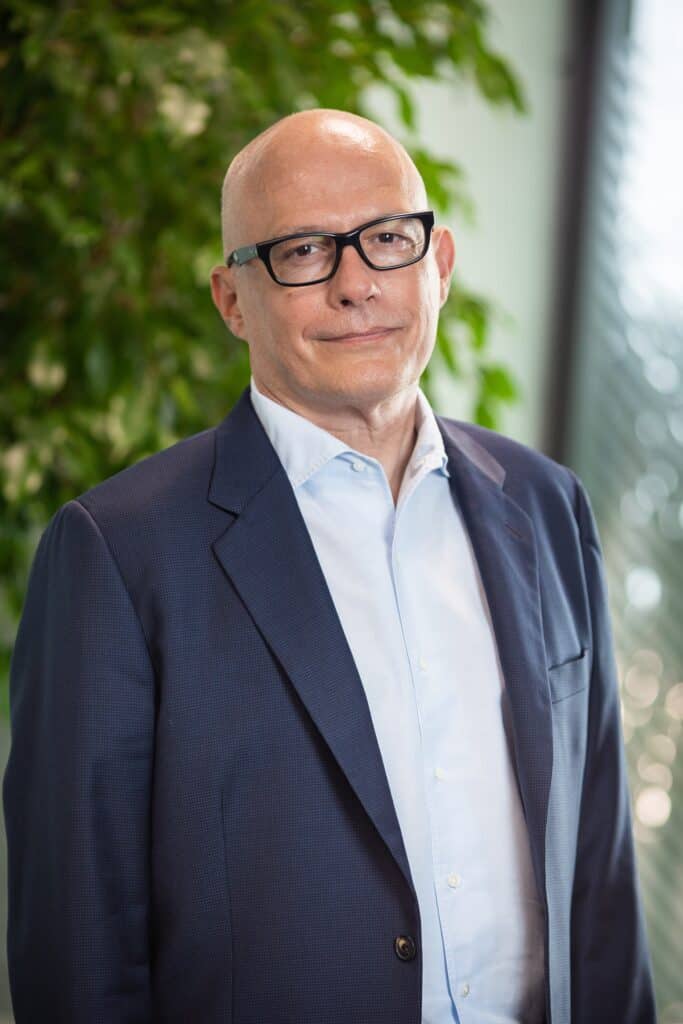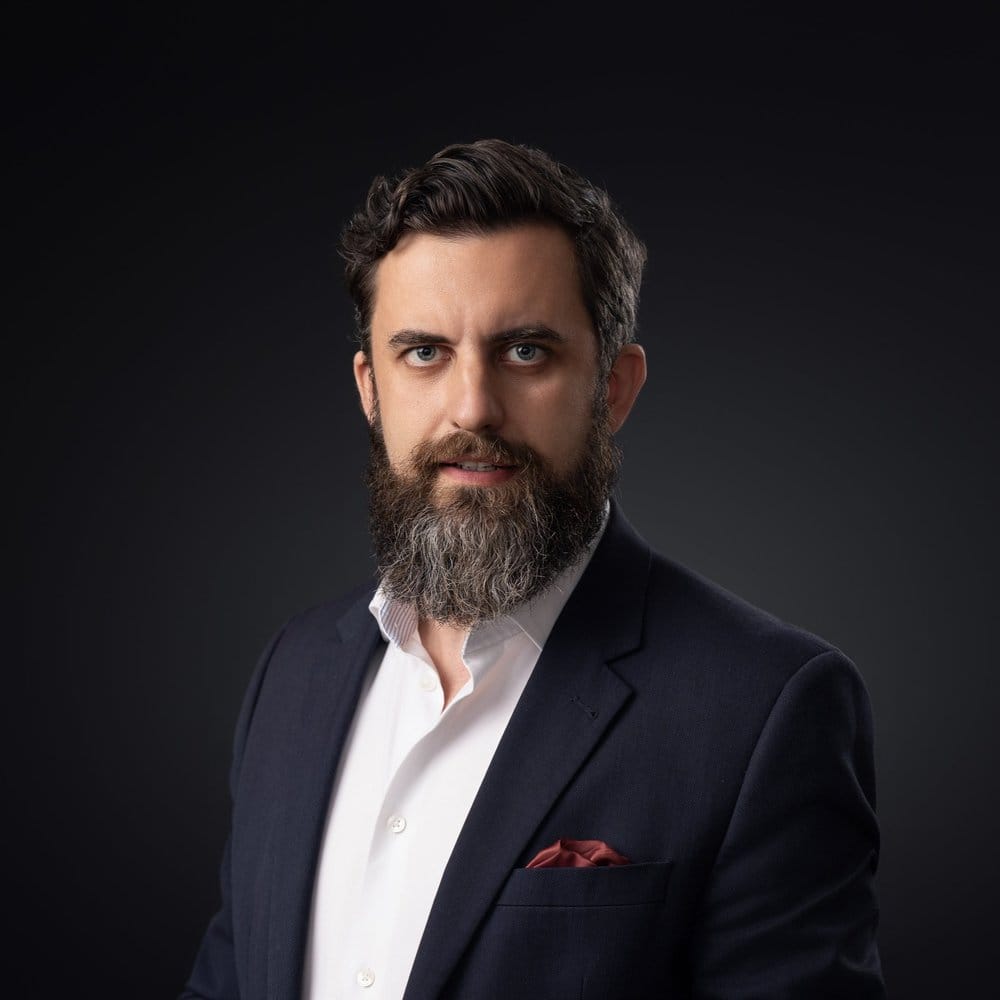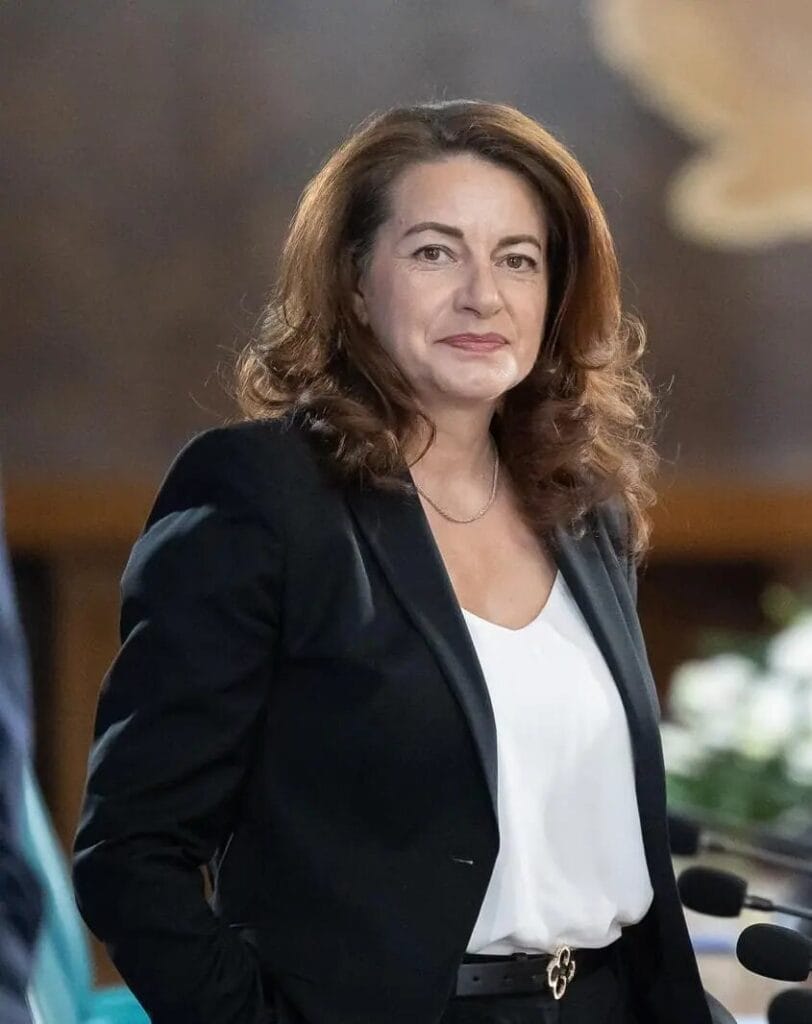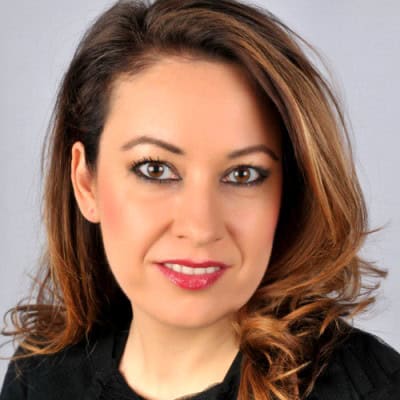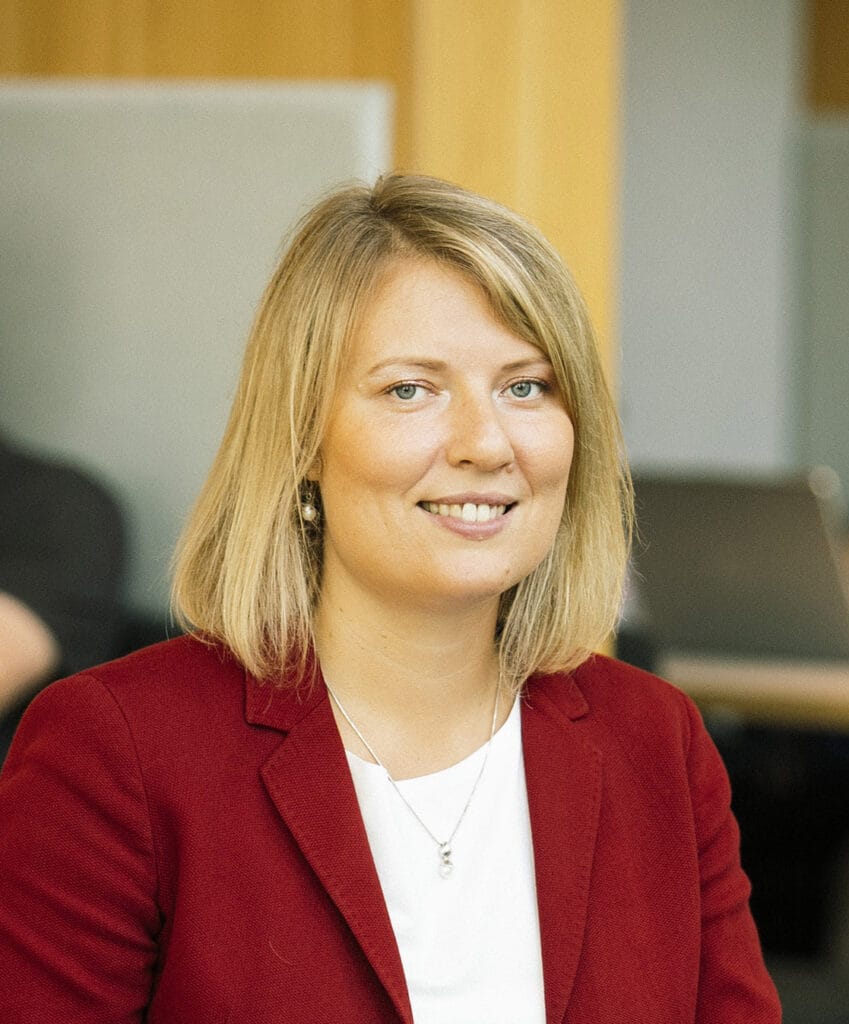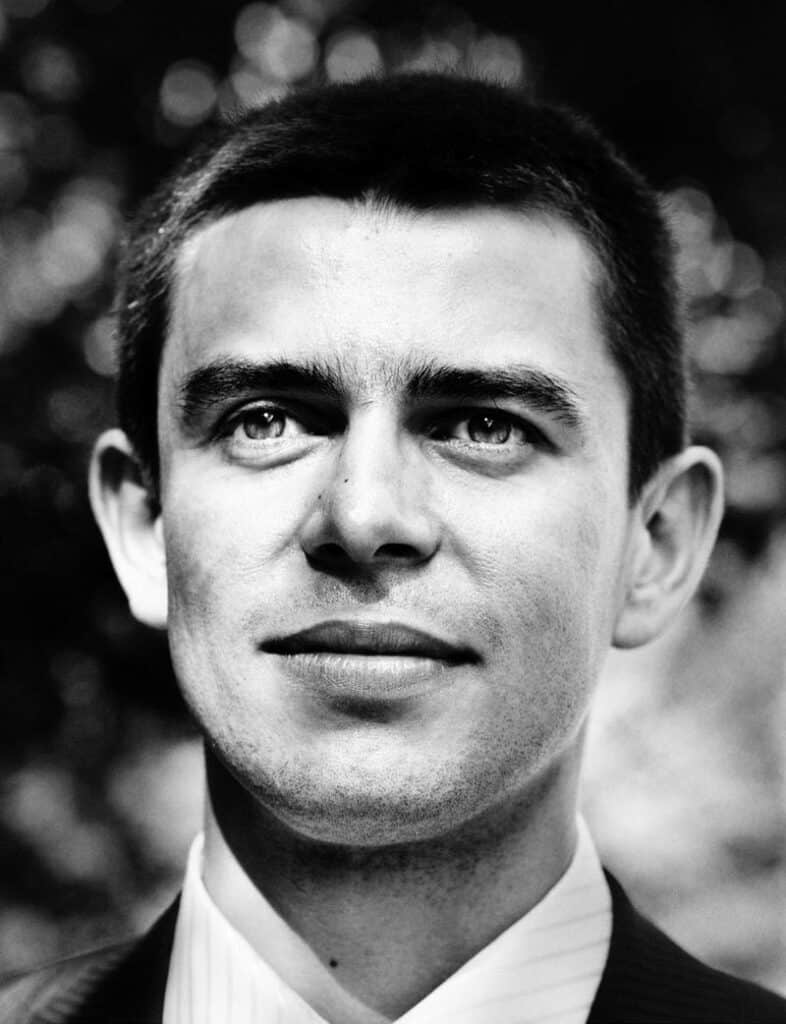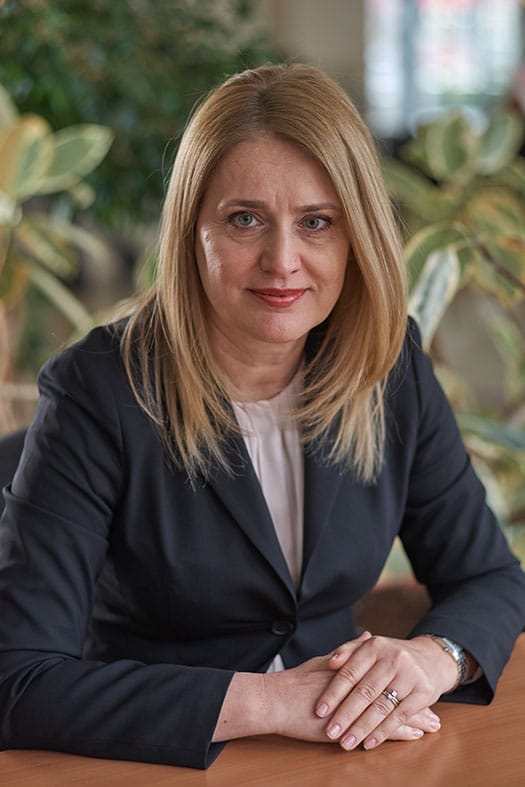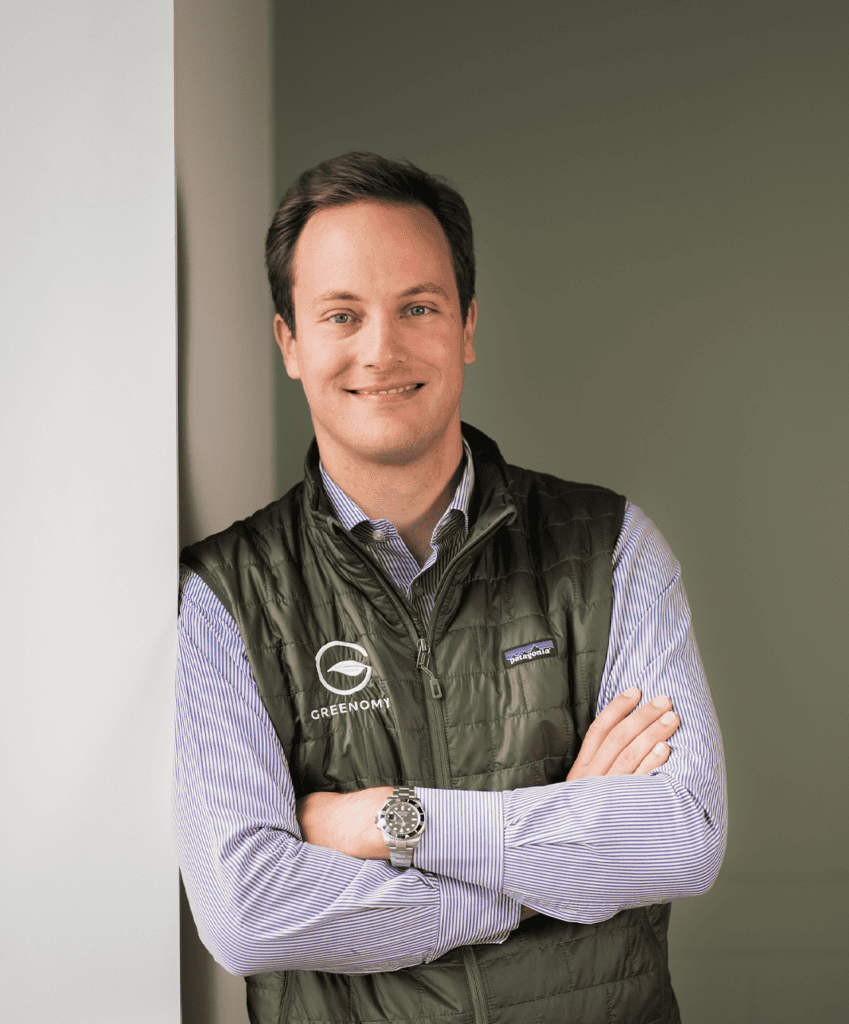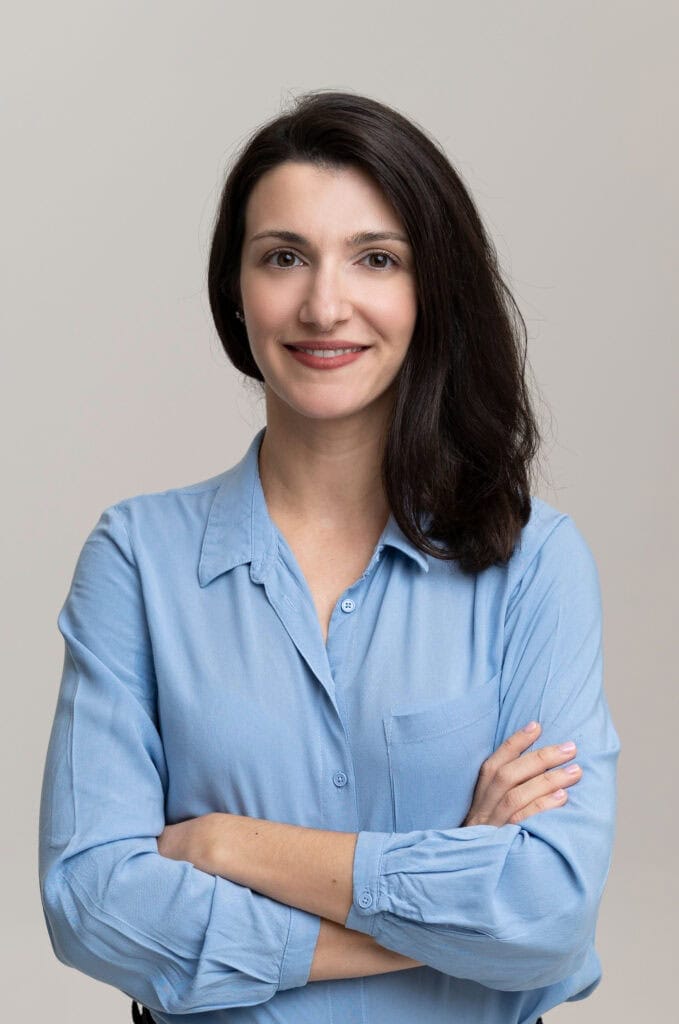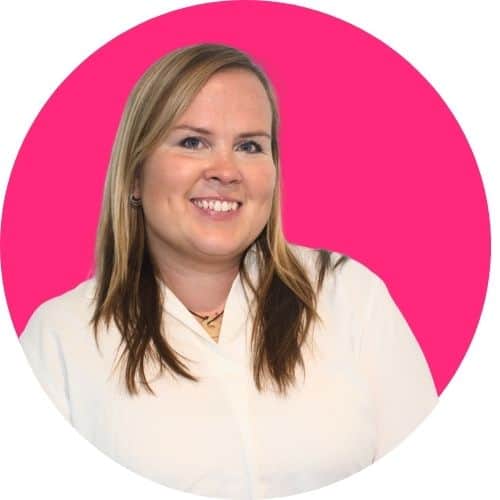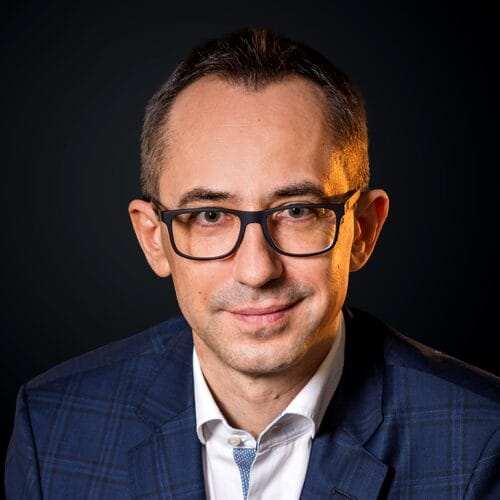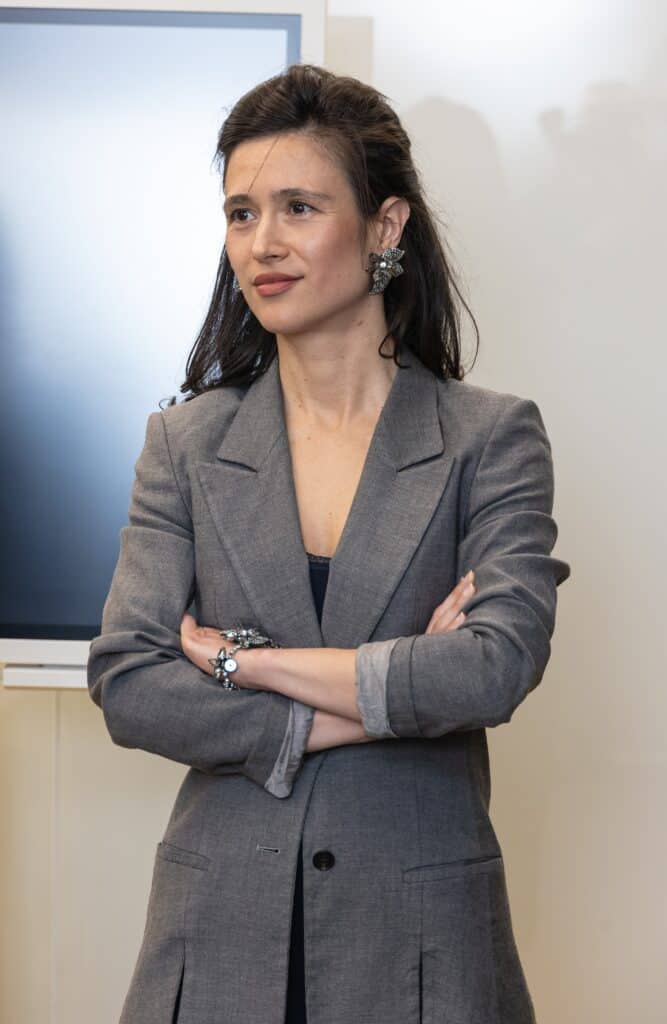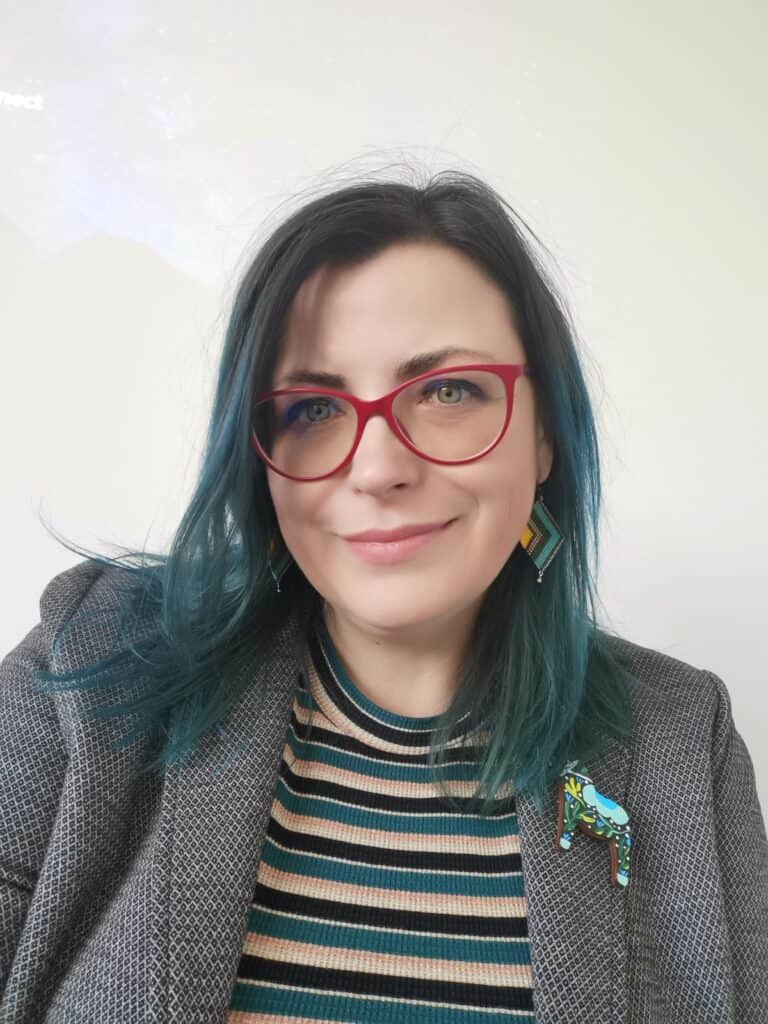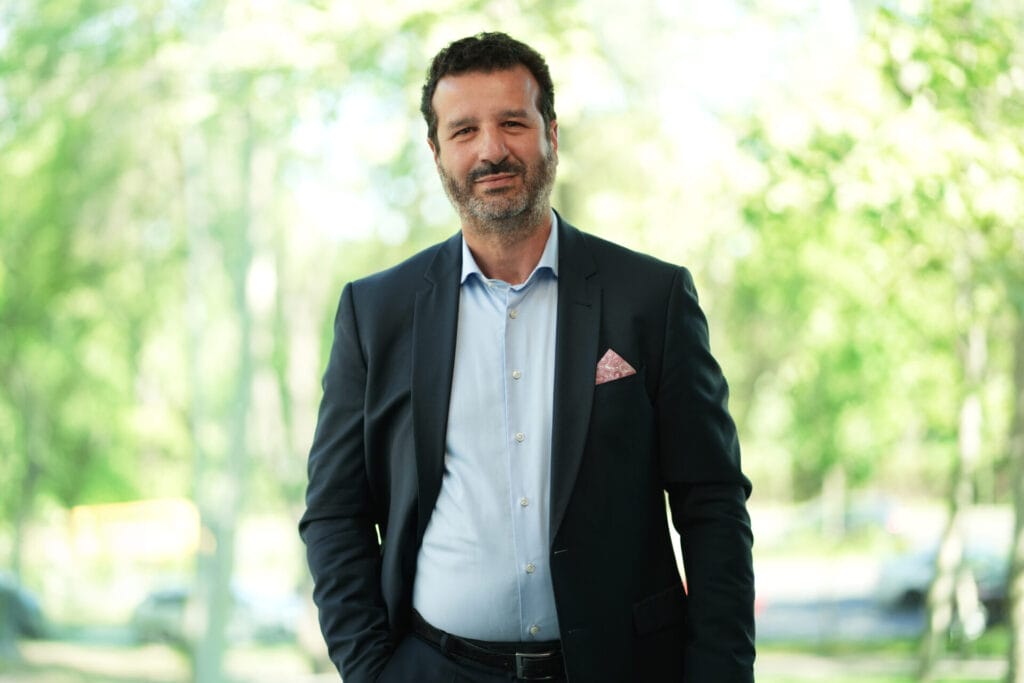The artificial intelligence boom and the smart technologies of the last few years have pushed us into the future, but also brought us to the point where we realized that behind this revolution we will have even more electrical waste. Everything that is now “latest generation”, all the drones, the robots or the VR glasses will become e-waste tomorrow, and more than ever, people need to recycle them.
According to Eurostat data, the European market for electrical and electronic equipments grew by 85% in the last 8 years, which led to an increase in the amount of WEEE. This growing mountain of electronic waste poses a significant environmental risk and contributes to climate change in ways that are often overlooked.
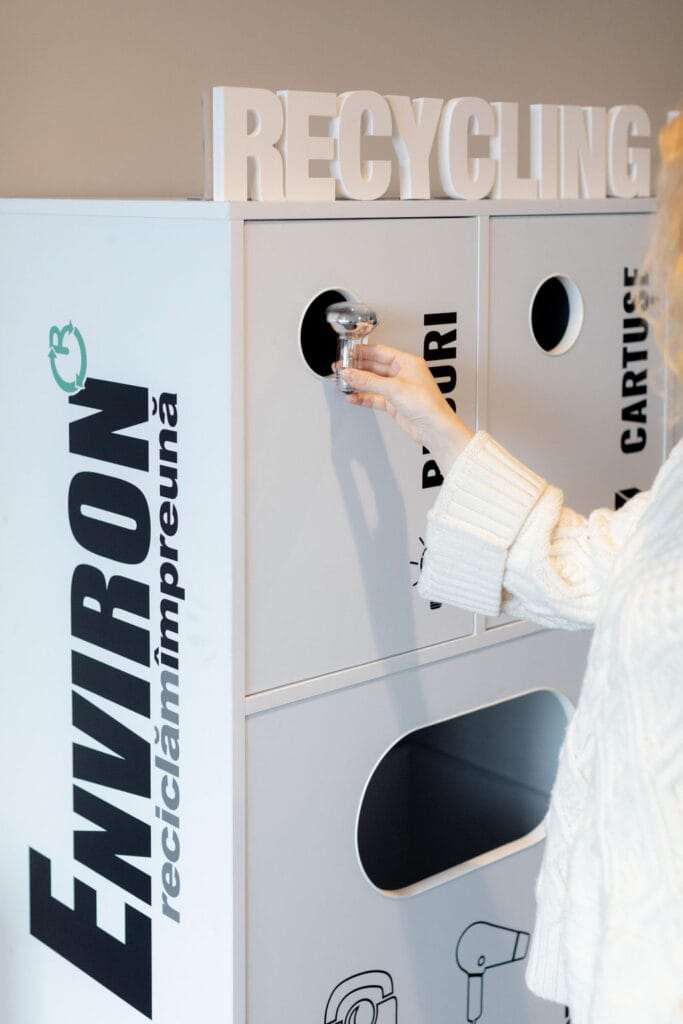
How old equipment accelerates climate change
Old and discarded electronic devices —from smartphones and laptops to large-scale industrial equipment— contain a mix of materials that can be hazardous to the environment if improperly managed. These devices often include toxic substances like lead, mercury, and cadmium. When they end up in landfills, these chemicals can leach into the soil and water, contaminating ecosystems and harming human health.
More alarmingly, when e-waste is incinerated, it releases harmful greenhouse gases such as methane and carbon dioxide, contributing to global warming.
The negative effects of e-waste on climate change go beyond just toxic leakage and greenhouse gas emissions. The production of electronic devices is energy-intensive. Manufacturing new devices requires significant raw materials like metals, plastics, and rare-earth elements, all of which are extracted through mining processes that degrade natural habitats and use massive amounts of energy.
E-waste in Europe: a growing challenge
In Romania, in the year 2021, the last one for which there is any data, 13.8 kg of electrical and electronic equipment per capita entered the market, the European average being 23.7 kg/capita. On average, a European owns 74 electronic devices of which at least 13 are unused (4 are broken and 9 are in working order).
In the European Union, producers and importers of electrical and electronic equipment (EEE) are legally required to take responsibility for the entire lifecycle of the products they introduce to the market, including proper disposal and recycling at the end of use. By partnering with organizations like ENVIRON, over 1,000 producers and importers have streamlined their compliance with these regulations, transferring their responsibilities to ensure that e-waste is managed sustainably. This not only helps them meet their legal obligations but also contributes to reducing the environmental impact of discarded electronics.
Recycling as a solution
E-waste recycling offers an effective way to combat these negative environmental effects. By recovering valuable materials from old electronics, we reduce the need for mining and decrease the carbon emissions associated with producing new materials.
Recycling old equipment is a key strategy in mitigating climate change, as it reduces both direct emissions from improper waste disposal and indirect emissions from the resource extraction and manufacturing processes.
ENVIRON is committed to reducing the environmental impact of e-waste by improving responsible management systems for WEEE. A crucial factor in encouraging people to recycle is having the right infrastructure in place, which is why ENVIRON continuously works to create accessible and effective solutions for e-waste collection. By the end of 2023, they operates a system of about 4,862 collection points representing retail networks, gas stations, shopping centers, supermarkets, educational institutions, private companies, public institutions, local authorities, and collection centers.
Efforts like those demonstrate the critical need for more widespread and effective recycling systems. By scaling up e-waste recycling and encouraging circular economic practices, we can make significant strides in reducing the carbon footprint of our ever-growing digital world.
Curated by Environ.


